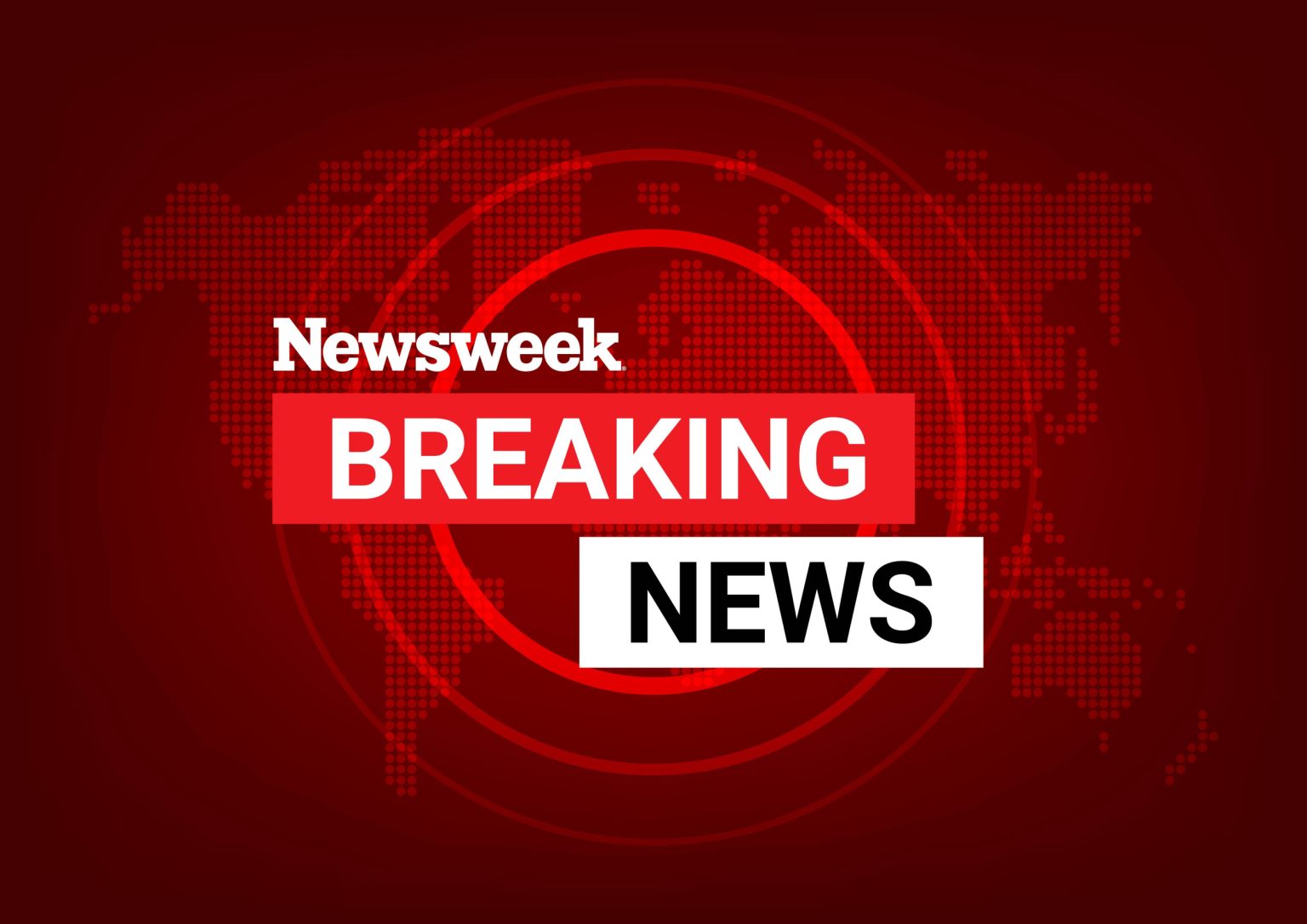The absence of an invitation for Russian President Vladimir Putin to the inauguration of US President-elect Donald Trump marks a significant departure from traditional diplomatic protocol and underscores the complex and often strained relationship between the two nations. While not entirely unprecedented, the omission of a head of state, particularly one leading a major global power like Russia, from such a symbolic event carries considerable weight. It signals a potential chilling of relations, further complicated by ongoing investigations into alleged Russian interference in the US presidential election, accusations vehemently denied by the Kremlin. This diplomatic snub contrasts sharply with Trump’s previously expressed admiration for Putin’s leadership style and his stated desire for improved US-Russia relations, raising questions about the future trajectory of bilateral ties. The decision not to invite Putin could be interpreted as a concession to domestic political pressures, a symbolic gesture to distance the incoming administration from Russia, or a strategic move to gain leverage in future negotiations.
The invitation extended to Chinese President Xi Jinping to attend Trump’s inauguration presents a stark contrast to the exclusion of Putin and highlights the evolving dynamics of international relations. China, as the world’s second-largest economy and a rising global power, has become a central player in international affairs. Trump’s invitation to Xi could be viewed as a prioritization of the US-China relationship, recognizing its critical importance to global stability and economic prosperity. The invitation also provides an early opportunity for the two leaders to engage directly and establish a working relationship, crucial given the complex interplay of cooperation and competition that characterizes US-China relations. Topics such as trade imbalances, cybersecurity, and regional security are likely to dominate the agenda in future discussions between the two leaders. This early engagement could set the tone for the future trajectory of the US-China relationship under the Trump administration.
The contrasting approaches towards Russia and China in the context of the inauguration invitations reflect the complex web of international relations and the strategic considerations that shape US foreign policy. While Russia and the US have historically shared periods of cooperation, recent tensions over Ukraine, Syria, and alleged election interference have strained the relationship considerably. China, on the other hand, presents both opportunities and challenges for the United States. The two nations are deeply intertwined economically, but also face significant disagreements on issues such as trade practices, human rights, and territorial disputes in the South China Sea. The Trump administration will need to navigate these complex dynamics carefully, balancing the need for cooperation with the need to assert US interests.
The presence or absence of specific foreign leaders at the inauguration ceremony often serves as a barometer of the incoming administration’s foreign policy priorities and its approach to international relations. The inauguration provides a platform for symbolic gestures and diplomatic signaling, offering insights into the new administration’s intended direction. The decision to invite Xi and exclude Putin sends a clear message about the relative importance the Trump administration places on the US-China relationship compared to the US-Russia relationship at this juncture. It also suggests that the Trump administration is prepared to break with traditional diplomatic protocol and pursue a more unconventional approach to foreign policy.
The preparations for the attendance of other foreign dignitaries at the inauguration signify the importance of the event as a moment of global engagement and an opportunity for international outreach. While the focus often centers on the presence or absence of specific leaders, the attendance of a broad range of international representatives underscores the interconnectedness of the world and the importance of maintaining diplomatic ties. The inauguration provides a forum for informal discussions and relationship-building, laying the groundwork for future collaborations and addressing global challenges. The presence of foreign dignitaries also reinforces the significance of the peaceful transfer of power in a democracy, a cornerstone of US political tradition.
The developing nature of this story underscores the fluidity of international relations and the evolving dynamics between nations. As more information becomes available, including the official guest list for the inauguration, further analysis will be possible regarding the Trump administration’s foreign policy priorities and its approach to engaging with key global players. The attendance of foreign leaders at the inauguration is just one piece of the complex puzzle of international relations, but it offers valuable insights into the direction of US foreign policy under the new administration. The contrasting invitations extended to China and the lack thereof for Russia will undoubtedly be subject to intense scrutiny and interpretation in the coming weeks and months as the Trump administration takes shape. This early diplomatic signaling will set the stage for future interactions and will be closely watched by the international community.


